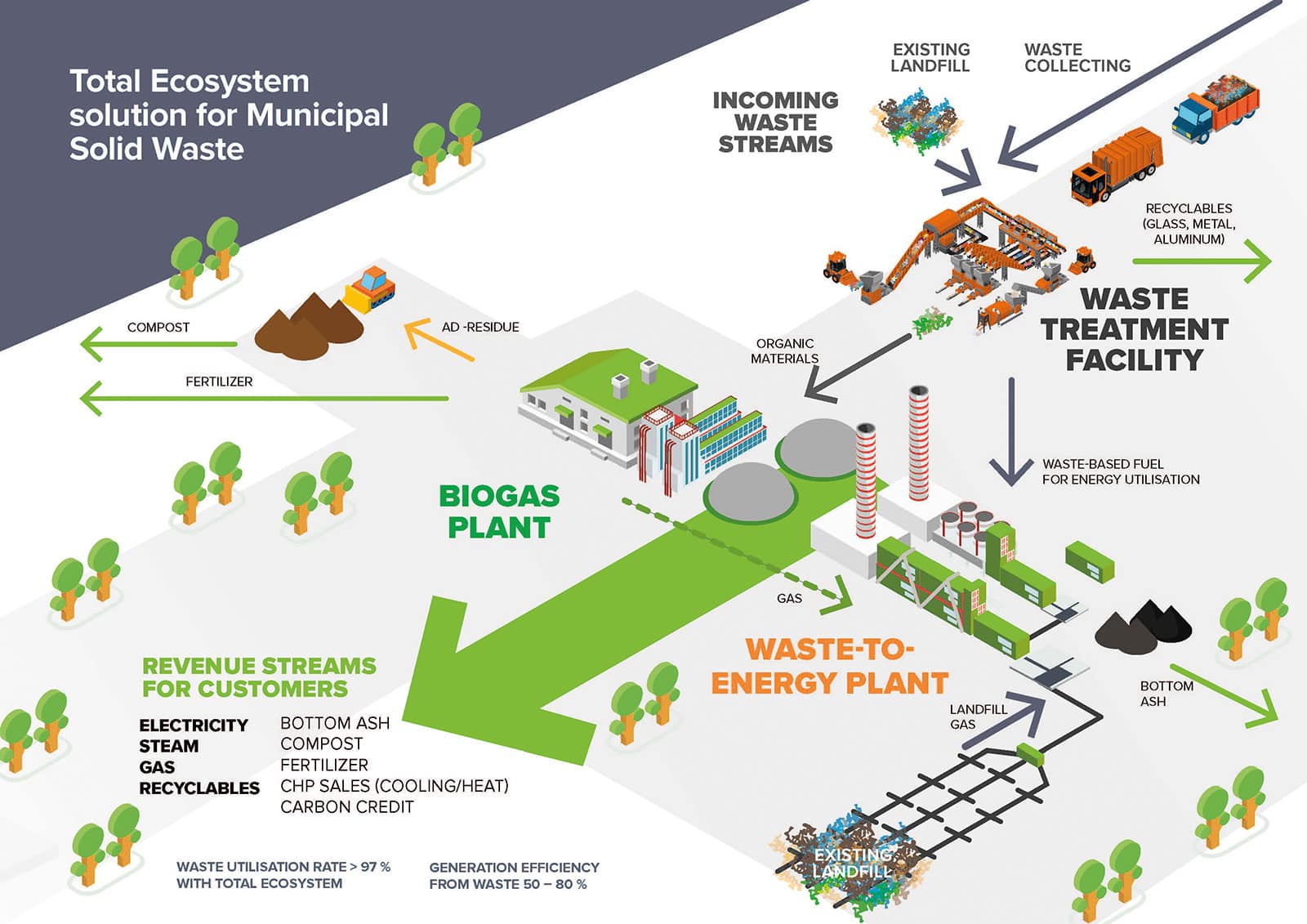The world is grappling with the challenges of waste management, and the need for sustainable solutions has never been more pressing. Republic Services, one of the largest waste management companies in the United States, has been at the forefront of innovation in this field. One of the company’s most notable initiatives is its waste-to-energy program, which aims to convert waste into a valuable resource. In this article, we will delve into the world of waste-to-energy and explore how Republic Services is making a significant impact in this area.

What is Waste-to-Energy?
Waste-to-energy is a process that involves the conversion of non-recyclable waste into energy, such as electricity or heat. This process reduces the amount of waste sent to landfills and decreases the production of greenhouse gases. Waste-to-energy plants use various technologies, including combustion, gasification, and plasma arc gasification, to convert waste into energy. The resulting energy can be used to power homes, businesses, and industries, reducing our reliance on fossil fuels and mitigating climate change.
Republic Services’ Waste-to-Energy Program
Republic Services has invested heavily in waste-to-energy technology, with a network of facilities across the United States. The company’s waste-to-energy program is designed to maximize the energy potential of non-recyclable waste, while minimizing environmental impacts. Republic Services’ waste-to-energy facilities use advanced technologies to convert waste into energy, including:
- Combustion: This process involves burning waste at high temperatures to produce steam, which is then used to generate electricity.
- Gasification: This process involves heating waste in the absence of oxygen to produce a synthesis gas, which can be used to generate electricity or produce chemicals.
- Plasma Arc Gasification: This process involves using an electric arc to heat waste to extremely high temperatures, producing a gas that can be used to generate electricity.
Benefits of Waste-to-Energy
The benefits of waste-to-energy are numerous and significant. Some of the most notable advantages of this technology include:
- Reduced Greenhouse Gas Emissions: Waste-to-energy plants produce significantly fewer greenhouse gas emissions than traditional landfills, reducing the environmental impact of waste disposal.
- Conservation of Natural Resources: By generating energy from waste, we can reduce our reliance on fossil fuels and conserve natural resources for future generations.
- Decreased Landfill Waste: Waste-to-energy plants reduce the amount of waste sent to landfills, minimizing the environmental impacts of landfilling and preserving land for other uses.
- Creation of Jobs: The waste-to-energy industry creates new job opportunities in fields such as engineering, operations, and maintenance.
Challenges and Limitations
While waste-to-energy is a promising technology, it is not without its challenges and limitations. Some of the most significant hurdles facing the industry include:
- High Upfront Costs: The construction of waste-to-energy facilities requires significant investment, which can be a barrier to entry for some companies.
- Public Perception: Some communities may be resistant to the idea of waste-to-energy facilities, citing concerns about air pollution and environmental impacts.
- Regulatory Framework: The regulatory framework surrounding waste-to-energy is complex and often inconsistent, creating challenges for companies seeking to invest in this technology.
Republic Services’ Commitment to Sustainability
Republic Services is committed to sustainability and has made significant investments in waste-to-energy technology. The company’s sustainability goals include:
- Reducing Greenhouse Gas Emissions: Republic Services aims to reduce its greenhouse gas emissions by 50% by 2030.
- Increasing Recycling Rates: The company aims to increase its recycling rates to 40% by 2030.
- Conserving Natural Resources: Republic Services is committed to conserving natural resources and reducing waste sent to landfills.
Frequently Asked Questions
- What is waste-to-energy?
Waste-to-energy is a process that involves the conversion of non-recyclable waste into energy, such as electricity or heat. - How does waste-to-energy work?
Waste-to-energy plants use various technologies, including combustion, gasification, and plasma arc gasification, to convert waste into energy. - What are the benefits of waste-to-energy?
The benefits of waste-to-energy include reduced greenhouse gas emissions, conservation of natural resources, decreased landfill waste, and creation of jobs. - What are the challenges facing the waste-to-energy industry?
The challenges facing the industry include high upfront costs, public perception, and regulatory framework. - What is Republic Services’ commitment to sustainability?
Republic Services is committed to sustainability and has made significant investments in waste-to-energy technology, with goals to reduce greenhouse gas emissions, increase recycling rates, and conserve natural resources.
Conclusion
Waste-to-energy is a promising technology that offers a sustainable solution to the challenges of waste management. Republic Services is at the forefront of innovation in this field, with a network of facilities across the United States. While there are challenges and limitations to this technology, the benefits of waste-to-energy are significant and far-reaching. As the world continues to grapple with the challenges of waste management, it is clear that waste-to-energy will play an increasingly important role in our transition to a more sustainable future. With companies like Republic Services leading the way, we can create a future where waste is valued as a resource, rather than a liability. By investing in waste-to-energy technology, we can reduce greenhouse gas emissions, conserve natural resources, and create new job opportunities, ultimately building a more sustainable and prosperous world for generations to come.
Closure
Thus, we hope this article has provided valuable insights into Waste-to-Energy: A Sustainable Solution by Republic Services. We hope you find this article informative and beneficial. See you in our next article!